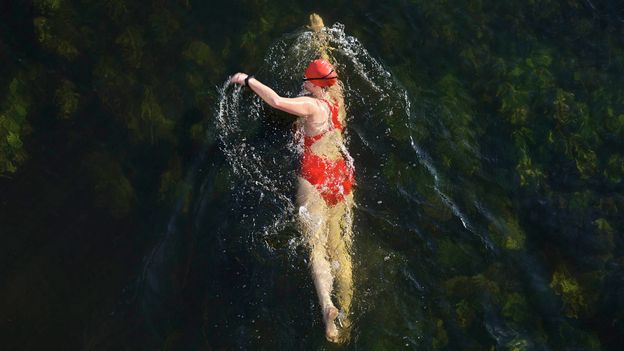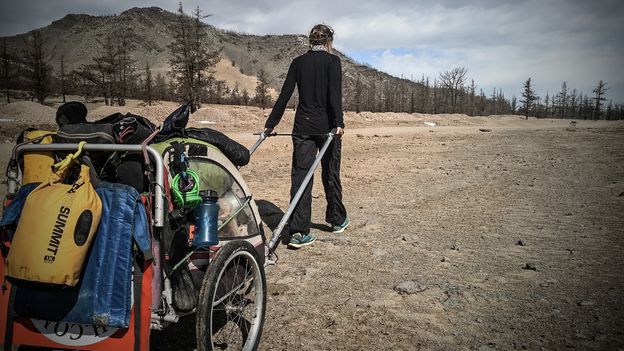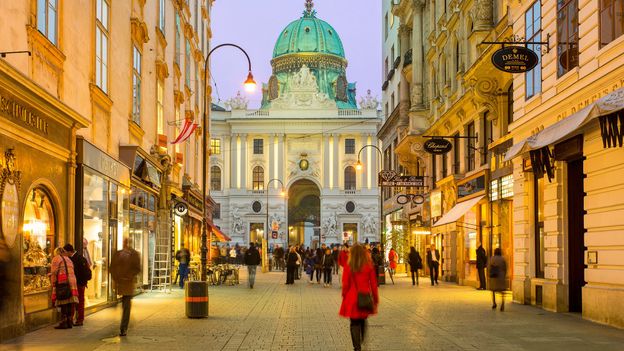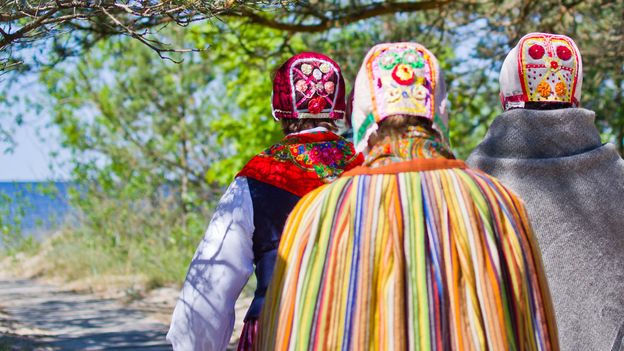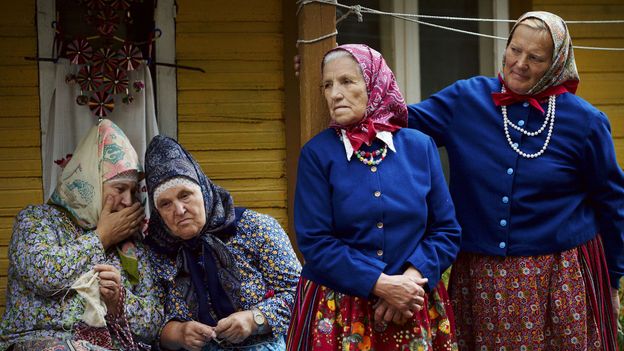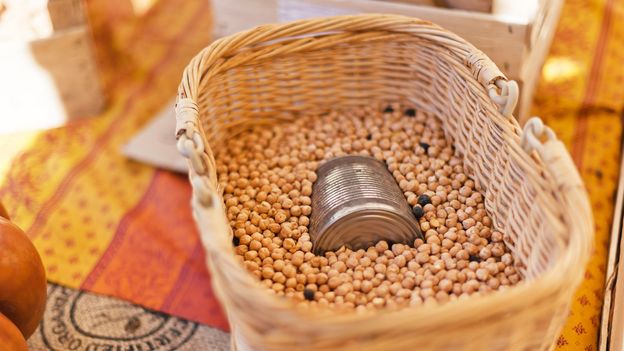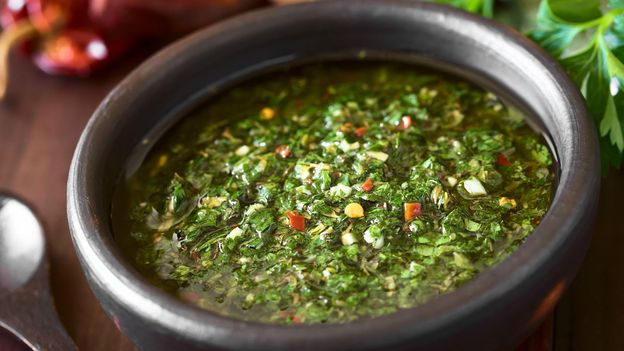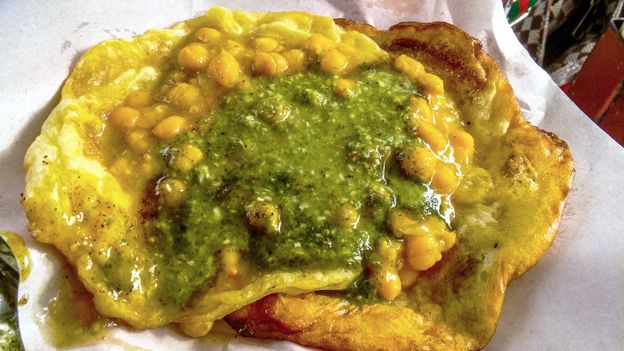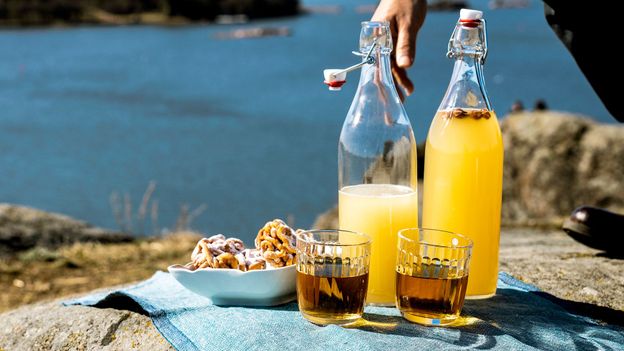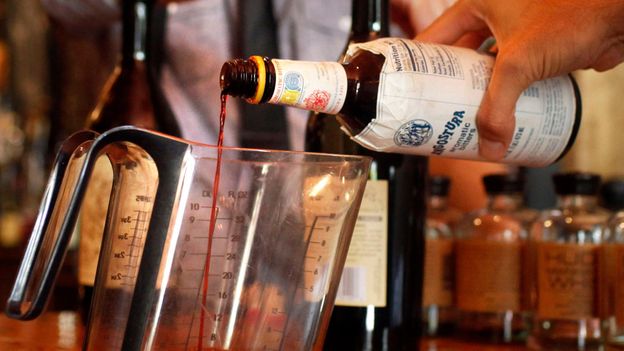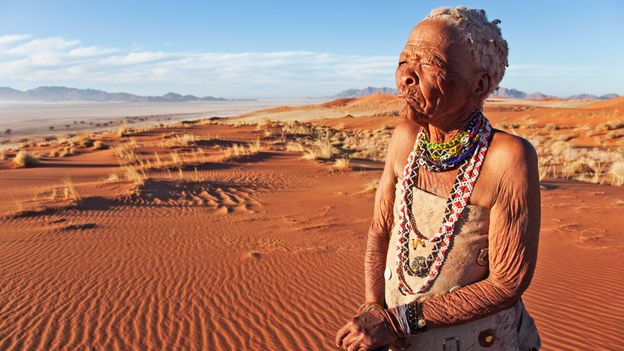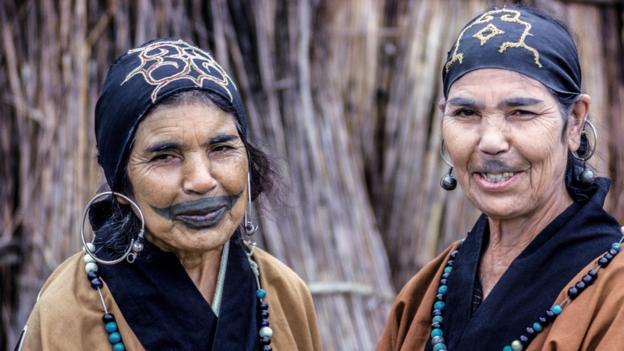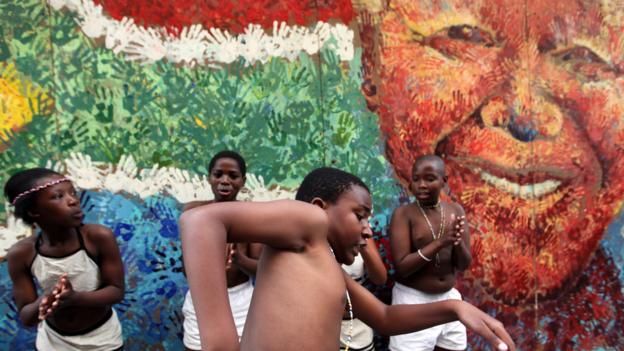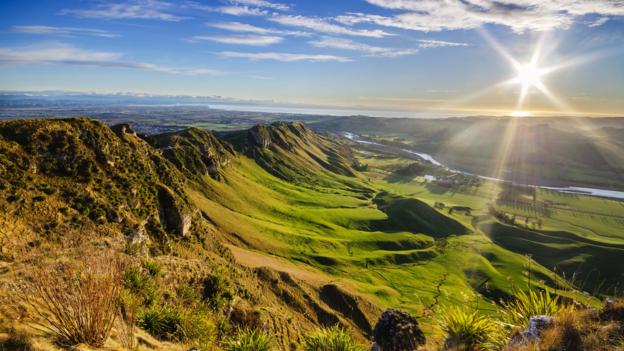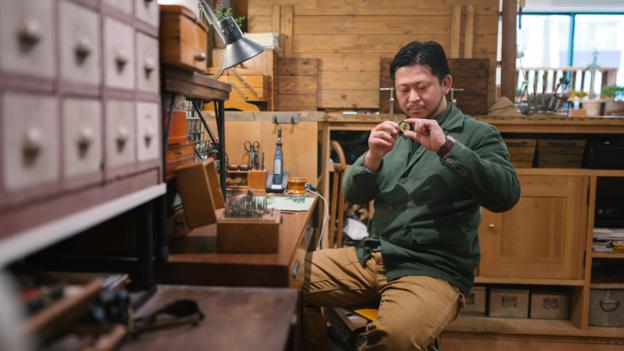At the very heart of Iceland is the country’s gleaming, glinting namesake: ice. Glaciers make up roughly 10% of Iceland, and they bring close to 2 million tourists from all over the world to the country each year. But these mighty masses of ice are more fragile than they may seem. In the wake of climate change, glaciologists predict that in 200 years all of Iceland’s glaciers will have disappeared. One already has.
In 2014, when its ice was no longer thick enough to move, Okjokull glacier was pronounced dead. A lake of melted ice and barren stretch of stone and dirt now dominates the landscape where the glacier once lived. The site was renamed Ok, and “jokull,” meaning “glacier” in Icelandic, was dropped.
In August, local geologists and climate advocates installed a plaque at the site of the former glacier, which reads: “In the next 200 years, all our glaciers are expected to follow the same path. This monument is to acknowledge that we know what is happening and what needs to be done. Only you know if we did it.”
Written by Icelandic author Andri Snaer Magnason, the inscription is meant to serve as a warning that unless something changes, experiencing Iceland’s awe-inspiring glaciers will be a privilege of past generations.
Some locals, though, are hopeful that Icelandic companies offering “sustainable tours” by offsetting their emissions with reforestation, capping the sizes of their groups and adhering to strict recycling rules will be able to help preserve the country’s glaciers. The Icelandic government is also making it a top priority to save these melting giants, pledging to cut 40% of Iceland’s emissions by 2030.
(Video by BBC’s The Travel Show; text by Emily Cavanagh)
For more on this and other stories, watch The BBC Travel Show – every weekend on the BBC News Channel and BBC World News.
If you liked this story, sign up for the weekly bbc.com features newsletter called “The Essential List”. A handpicked selection of stories from BBC Future, Culture, Capital and Travel, delivered to your inbox every Friday.

